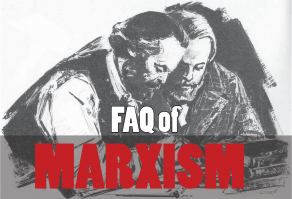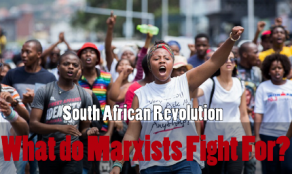On 27 February, the National Assembly of South Africa passed a motion on land expropriation, tabled by the Economic Freedom Fighters and supported by the majority of parties in parliament, including the ANC. The motion was passed by 241 against 83 and called for a process to review the constitution and possibly change it to allow for land expropriation without compensation. Parliament’s Constitution Review Committee will conduct “public hearings” to illicit “public comment” and report back to parliament in August. If a constitutional amendment is recommended, it requires the support of two-thirds of members of the National Assembly as well as the support of 6 of the 9 provinces. Even then, the last word would be from the Constitutional Court, which is the highest decision-making body as far as constitutional legality is concerned.








